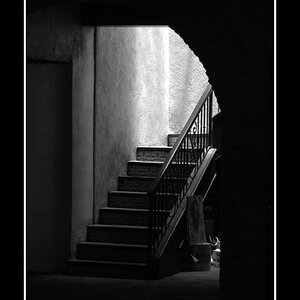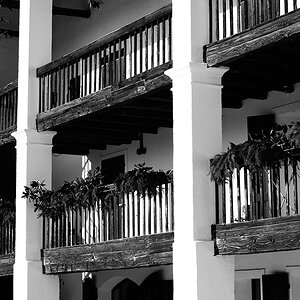fooby
TPF Noob!
- Joined
- Apr 5, 2011
- Messages
- 140
- Reaction score
- 15
- Location
- Northumberland, UK
- Website
- joelstephenson.com
- Can others edit my Photos
- Photos NOT OK to edit
As somebody looking to break into the commercial photography business straight out of school, I'm wondering how I can balance professionalism with not having any money to invest in "pro" equipment? I'll try to elaborate... Say a client hires me because of a certain image or style they saw in my portfolio. I know I can re-create that image, but being personal work, I shot it using cheap gear and a pretty ghetto setup. Eg. a speedlite on a flimsy stand with a ghetto softbox vs a monolight with a proper softbox.
Will they accept that I can get the job done, or just see me as unprofessional? It seems counter productive to find a start-up loan (we do have some great options here in the UK compared to the USA) to get the same shots I have taken with cheap equipment. Although, I could also charge considerably more to cover the cost of the expensive gear, and be able to demonstrate to the client that I have invested in my business and so they can invest in me.
Are loans a safe investment for a more professional and more reliable business?
Will they accept that I can get the job done, or just see me as unprofessional? It seems counter productive to find a start-up loan (we do have some great options here in the UK compared to the USA) to get the same shots I have taken with cheap equipment. Although, I could also charge considerably more to cover the cost of the expensive gear, and be able to demonstrate to the client that I have invested in my business and so they can invest in me.
Are loans a safe investment for a more professional and more reliable business?



![[No title]](/data/xfmg/thumbnail/34/34746-f8e4b50f9d9b0de43c95af3d2caf956b.jpg?1619736628)

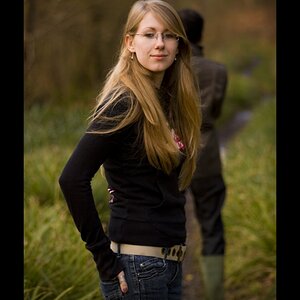
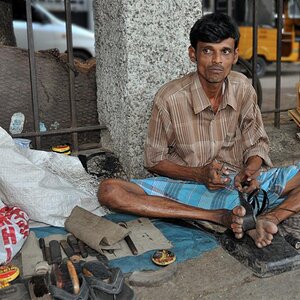

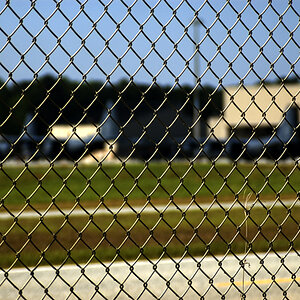
![[No title]](/data/xfmg/thumbnail/37/37104-99933b18ee16678a8299f12747336d48.jpg?1619737882)
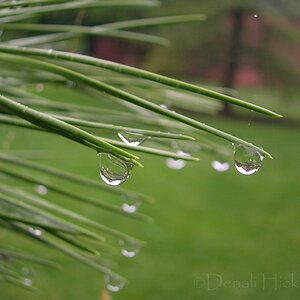
![[No title]](/data/xfmg/thumbnail/35/35586-d552a369f369a1796256b9df897a8d91.jpg?1619737061)
